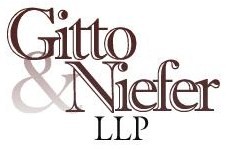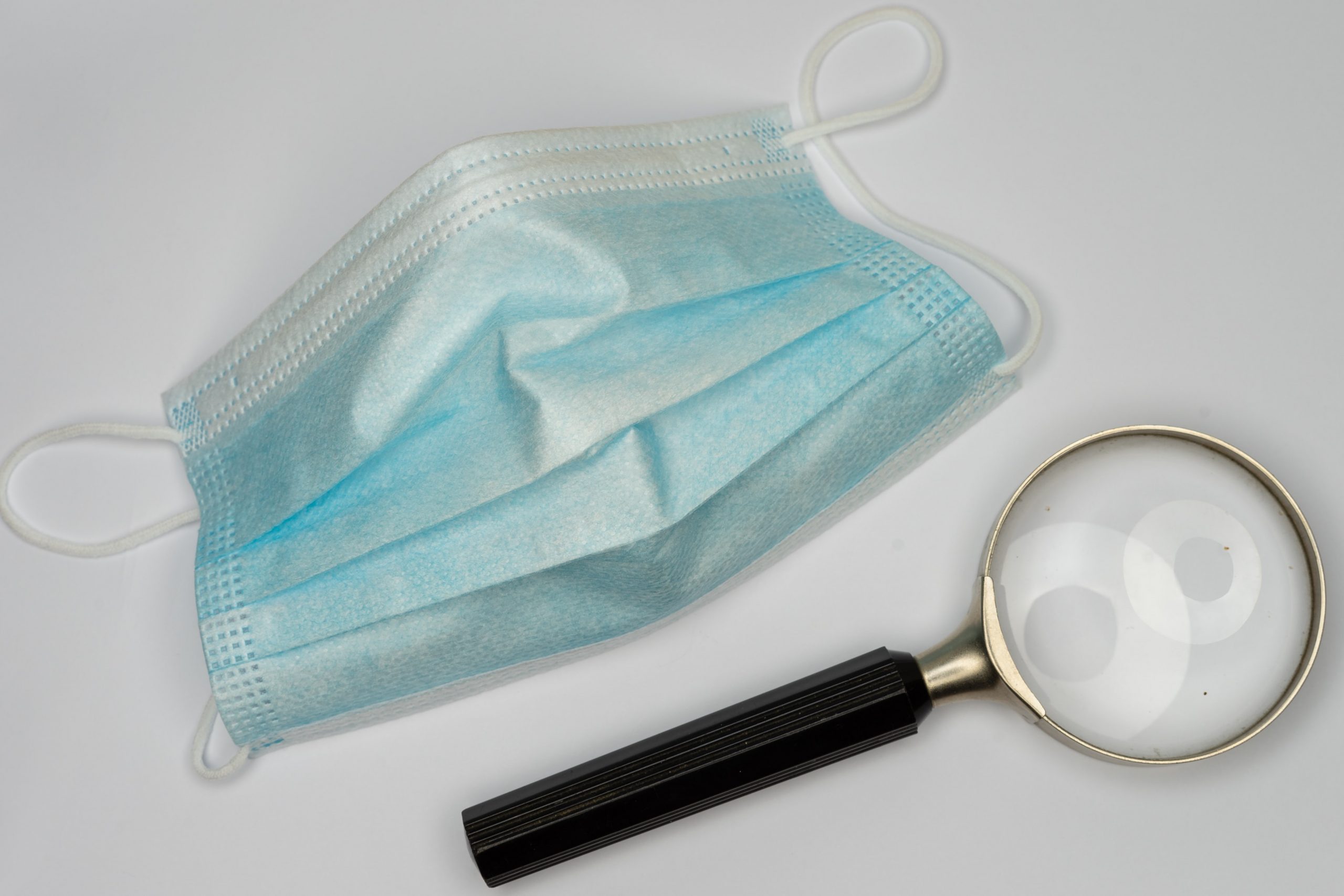From the Desk of Attorney David L. Niefer
PRACTICE TIP: Early and complete investigation is critical in successfully defending occupational disease claims.
In Urdiales v. Durite Concepts, Inc., 21 N.Y. WCLR 199 (11/18/21), the Appellate Division affirmed a decision of the Board disallowing an occupational disease claim for exposure to epoxy and other chemicals. The claimant testified that he worked “16 to 17 hours a day, 6 or 7 days a week for 9 years” and worked with epoxy “all the time.” The employer testified that the claimant worked “on and off” a few days a week and primarily cleaned and organized the employer’s shop. The claimant did not indicate that he was experiencing any breathing difficulties while employed.
The WCB chose to credit the testimony of the employer which, in turn, rendered the medical opinions of causal relationship to lack credibility. The physicians had been provided an inaccurate work history and therefore their opinions did not provide credible medical evidence of causality. The Appellate Division did not find any reason to disturb the decision of the Board, affirming the disallowance of the claim.
While the employer derived the benefit of a highly exaggerated description of claimant’s work environment and duties, it is critical in any occupational disease claim to make sure the record accurately reflects claimant’s job duties. A credible, well prepared employer witness will be able to contradict any exaggerations provided by the claimant and potentially provide grounds for rendering the expert evidence to be without credibility.
If you have any questions about this or any other issue, contact David L. Niefer at dniefer@gittolaw.com or (607) 723-0600 or any of the attorneys in our office. If you would like a training session on this or any area of the Workers’ Compensation Law, please do not hesitate to contact our firm.
This information is provided for general guidance only. This information should not be used as a substitute for consultation with legal counsel. Each case presents unique facts requiring individual analysis.




